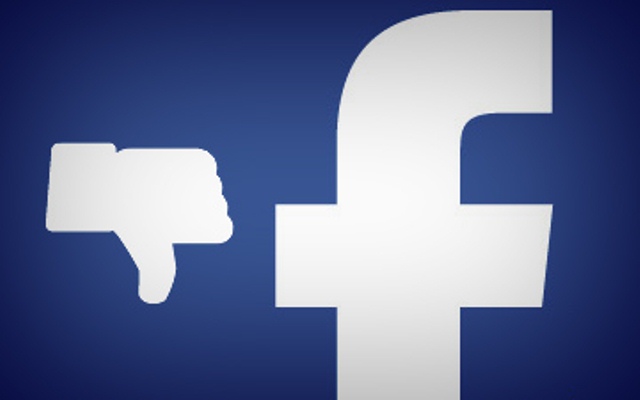In a recent 7,500-word manifesto called “Building Global Community,” Facebook’s founder, Mark Zuckerberg, argued that his social network needs to put on its big boy pants and adult up. Well, those aren’t his exact words, but that’s how I read them. He conceded that Facebook has been a social platform for staying in touch with friends and family, sharing inspirational posters and pet pics — or inspirational posters featuring pet pics, and hanging out with other folks around the world who enjoy collecting vintage milk bottles as much as you do. Oh, and for spreading a clusterhump of the fake news that tossed a sack of wacky wrenches into a recent election.
Again, not his exact words.
But, he continued, it is time for Facebook to eschew the current zeitgeist of nationalism, and become a tool for uniting global communities in order to provide humane responses to terrorism, climate change and pandemics. And, spread prosperity, freedom, peace and understanding. It’s a vision of Facebook that is half David Suzuki, half Coke commercial.
Zuckerberg’s solution is to turn Facebook into a “social infrastructure to give people the power to build a global community that works for us all.” In order to do that, he argues, his social network needs to support safe, informed, civically engaged and inclusive communities.
It would be easy to dismiss Zuckerberg’s missive as a privileged Silcon Valley billionaire’s kumbaya moment, which is exactly what I’m going to do.
Facebook’s relationship with its audience, and that audience’s privacy, has been both complicated and straightforward. Complicated for users who want to guard that privacy as wave after wave of buried and default privacy settings have thwarted them. Straightforward for Facebook which garners massive revenues from selling users’ personal details and browsing behaviours to the highest bidders.
So, for Zuckerberg to now state that Facebook should become an open, accessible and robust online chassis on which to build a global Peace Corps is a little rich. Part of the problem with Zuckerberg’s view is that we already have an open, accessible and robust online chassis for social change. It’s called the World Wide Web.
Facebook has already tried this “open infrastructure” play in India. There is trumpeted Free Basics, an Internet service it would roll out at no cost to rural labourers. Of course the limited web access of the service was dominated by Facebook and the offering not only flew in the face of the web’s open nature, it was soundly rejected by its presumed audience and shut down by the Telecom Regulatory Authority of India.
So far Facebook has shown itself to be cavalier with privacy and disingenuous about the offerings it wants to make free to an audience that, this time to use Zuckerberg’s words, needed something that was “safe, informed, civically engaged and inclusive.”
Finally, Facebook’s Janus-like relationship with its audience is nothing compared to the two-faced partnership it has with the media. I counted 73 words in the whole piece that touch on the role of traditional media. And, most of that is about how Facebook needs to help out journalism:
“There is more we must do to support the news industry to make sure this vital social function is sustainable — from growing local news, to developing formats best suited to mobile devices, to improving the range of business models news organizations rely on.”
One can only assume that the “formats” are ones that work on Facebook. And, while it is true that Facebook has launched The Facebook Journalism Project, there is no real mention of what resources the social network will throw at the initiative and how much it will benefit Facebook rather than news outlets.
And, let’s be clear: so far the news media has gotten the short end of the stick when it’s gotten in bed with Facebook. In a desperate attempt to garner audience, many newspapers have ceded their platforms to the social network. As Steven Waldman points out in his recent New York Times opinion piece, the news has been all good for Facebook. In 2015, $36 billion of $59 billion digital ad dollars spent went to Facebook and Google.
And, as Waldman suggests, if Facebook really wanted to help out journalism, it could, along with Google, Apple and Verison, cough up some serious billions to fund local and investigative journalism.
Instead, Zuckerberg argues that AI and Facebook users themselves can work to winnow news and fine-tune what they as individuals or members of a community want to see.
Wayne MacPhail has been a print and online journalist for 25 years, and is a long-time writer for rabble.ca on technology and the Internet.
Listen to an audio version of this column, delivered by the author, here.
Image: Esther Vargas/flickr




